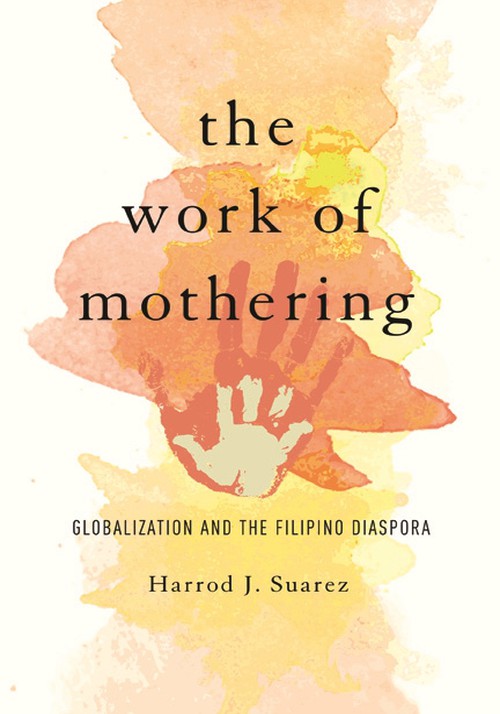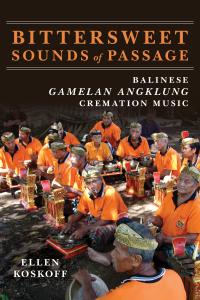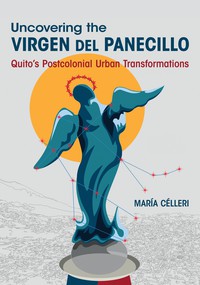
The Work of Mothering
Cloth: 11/06/2017
About the Book
Women make up a majority of the Filipino workforce laboring overseas. Their frequent employment in nurturing, maternal jobs--nanny, maid, caretaker, nurse--has found expression in a significant but understudied body of Filipino and Filipino American literature and cinema.Harrod J. Suarez's innovative readings of this cultural production explores issues of diaspora, gender, and labor. He details the ways literature and cinema play critical roles in encountering, addressing, and problematizing what we think we know about overseas Filipina workers. Though often seen as compliant subjects, the Filipina mother can also destabilize knowledge production that serves the interests of global empire, capitalism, and Philippine nationalism. Suarez examines canonical writers like Nick Joaquín, Carlos Bulosan, and Jessica Hagedorn to explore this disruption and understand the maternal specificity of the construction of overseas Filipina workers. The result is a series of readings that develop new ways of thinking through diasporic maternal labor that engages with the sociological imaginary.
About the Author
Harrod J. Suarez is an assistant professor of English and comparative American studies at Oberlin College.Reviews
"Suarez uses literature to envision alternative ways of being, of inhabiting the world, unfettered from limits proscribed by the ideology of the national and contemporary globalization. The Work of Mothering successfully harnesses the literary imagination to envision a different political and cultural future." --MELUS"The Work of Mothering offers an innovative reading into the margins of texts, thus questioning knowledge production and interrogating our epistemological systems." --Literary Research
Blurbs
"With cogent observations on contemporary fiction, poetry, film, migration, domestic labor, and politics, Harrod Suarez illuminates the fraught ways in which the Philippines is imagined as Inang Bayan, 'mother country.' The Work of Mothering beautifully captures the nuances of language, gesture, and emotion, demonstrating how the practice of careful reading can help us look beyond the oppressive structures of nation, gender, and capital and rethink the most foundational of human relationships."--Josephine Lee, coeditor of Asian American Plays for a New Generation
"The Work of Mothering brilliantly shows how the figure of the Filipina mother as a national symbol and transnational worker becomes a gateway to engaging and challenging nationalist and globalist projects. As an analysis of the racial, gendered and cultural aesthetics of nationalism and diaspora, Suarez’s book intervenes into questions that live at the center of many fields."—Roderick Ferguson, author of The Reorder of Things: The University and Its Pedagogies of Minority Difference












